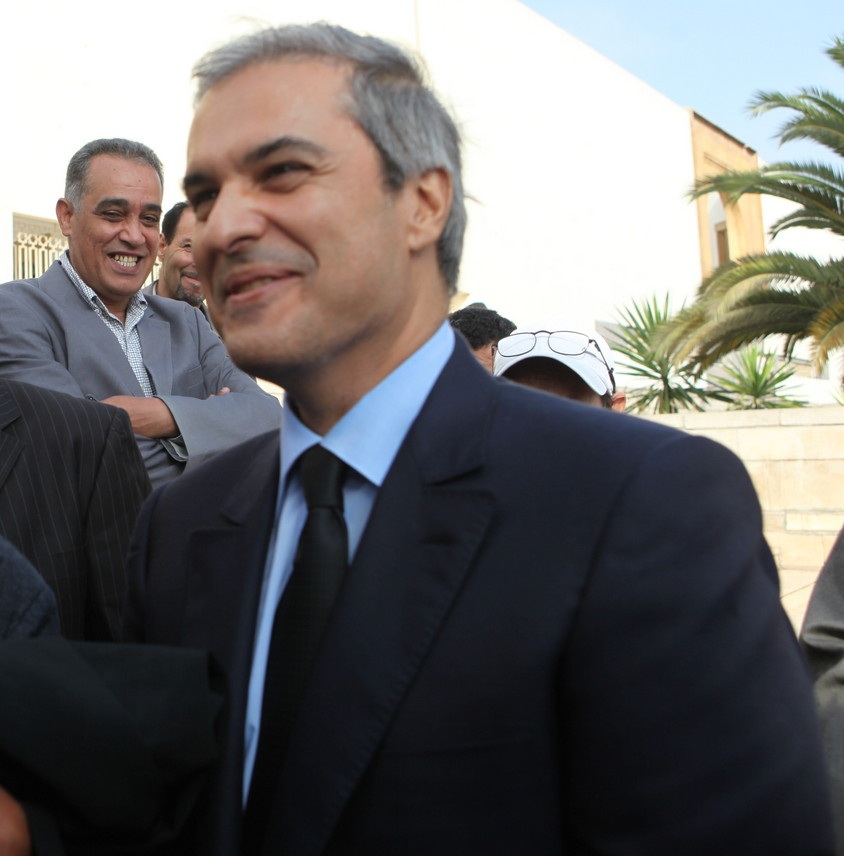His Majesty Prince Moulay Hicham of Morocco took the stage at Harvard’s Arab Weekend following Her Majesty Queen Rania of Jordan, switching the topic from education to the Arab Spring. “For decades we have internalized this feeling of defeat. It has literally kept us from doing anything…the Arab spring has shattered all that,” he said, “It [the Arab Spring] is a challenge in all dimensions: It’s a challenge to authoritarian rule, a challenge of classic orientalist views of the Arab world…it’s a challenge of the view that the destiny of Arabs and the destiny of the Arab world is made not by Arabs themselves but by the West.”
HM Prince Hicham said there are three narratives about the Arab Spring. One narrative claims, on the geopolitical level, the uprisings are heavily influenced by outside powers. These powers’ vested interests in the region had intensified and redefined the domestic layout. Another competing narrative, the Prince argued, is the competition between Shia and Sunni Islam. “A third narrative,” He claimed, “is between Islamism and secularism, which both claim to know the best ways to organize society.” However, the Prince claims, “these narratives see outcomes before the processes and deny sovereignty to important [domestic] actors.”
He then turned his attention to specific countries experiencing political turmoil. He first looked at Syria. “External powers, the U.S., Saudi Arabia, Qatar, Turkey on one hand and Iran on the other, have created a bipolar region with Sunni States on one hand and Shia states on the other,” HM Prince Hicham contended, “The conventional thinking views this as a zero sum game: mainly if the regime or opposition is strong the opposite must be weak. I would offer a different view: much like Afghanistan during the 1980s, one cannot simply look at who is supporting the opposition but the diversity of the opposition as well. The deep lack of opposition cohesion is the main reason the regime has survived despite devastating destruction.”
He was critical of the United States position on Syria, saying “the US does not wish to intervene because, ironically, it would reflect their waning hegemony in the region. The US wants a perpetual stalemate so both sides will bleed each other dry.” He had similar criticisms of other nations. “The Saudis make no secret that it wants the Syrian regime to fall.” He asserted, “Iran and Russia would be content with a fractured state. The recent agreement between the Russians and the Americans was as much about the post Assad regime as it was about chemical weapons.”
HM Prince Hicham also criticized the coup in Egypt. “Such an interruption of the constitutional process by extra constitutional means is simply unacceptable under any circumstance… the fact that many established democracies around the world applauded this coup was also devastating,” he fused, “as it legitimizes the practice of taking power whenever the ‘wrong side’ wins a democratic election.”
However, The Prince ended his speech on an optimistic note, claiming that although there had been setbacks, the Arab Spring is on the right track. “Even though political developments have occasionally veered off, there is enough political vitality to push reform forward.”
